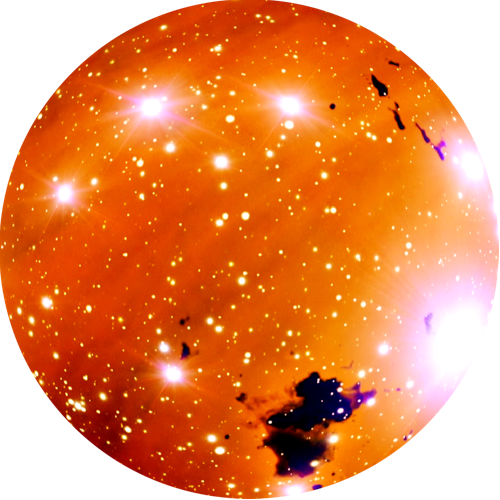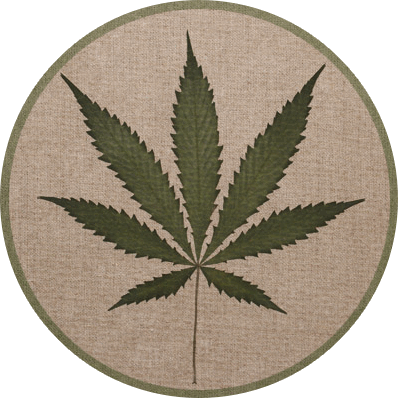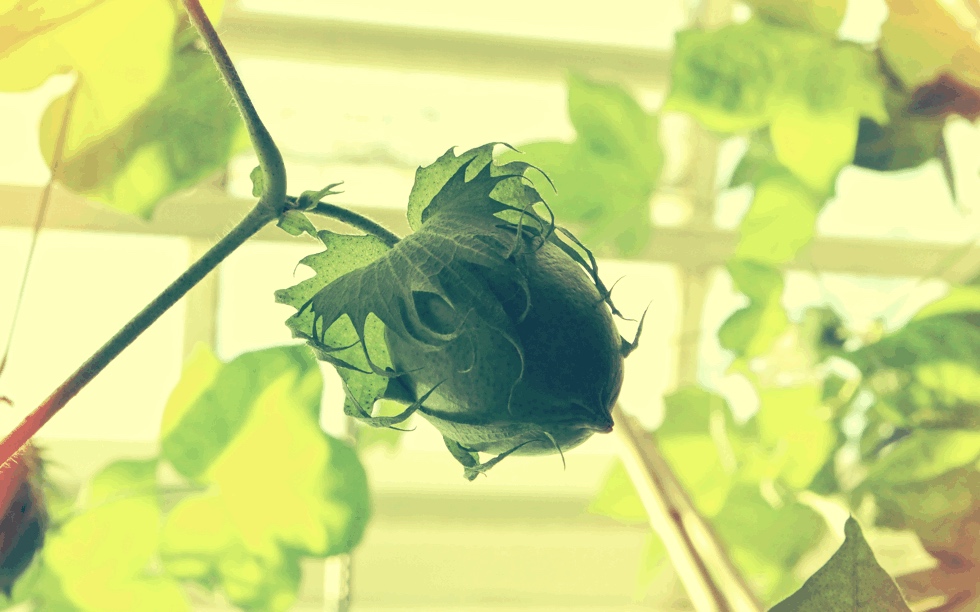
X U S A H

supernatural moral fiber / plant based planet
high performance, low impact clothing components for personal and planetary health – the fashion of being healthy… clothing made from organic sustainable biodegradable fiber is breathable, gentle, non-toxic, and a far more planet friendly alternative to synthetic fabrics, gmo cotton, and the excessive chemicals needed for growing and processing most non-organic materials
world wide, the fashion industry is responsible for a sizable amount of environmental pollution and waste… much of this is the product of vanity and unbalanced consumption habits, reinforced by commercial media and the polarity of proposed short-term affordability (that in the long run, is infinitely more expensive) or luxury… the need to curb and transform those habits, settle in to a more balanced healthy groove, get what you need, keep it simple yet inspired, modest yet fun, live lightly, support right livelihoods anywhere and everywhere, aim for quality vs. quantity, make long term sound investments in necessary items, take good care of your stuff, treat it well so it lasts as long as possible, pass it forward, use things wisely, is more than evident and is being practiced by more and more conscious earthians every day… clothing is a fundamental necessity, along with food and shelter, and every little alternative to the mass produced entropic approach does make a big difference
so ask yourself – what do i really need? what now qualifies as a necessity? what will i do with it when it wears out? how can i maximize quality, durability, functionality, and minimize the impact of actually getting what i need, by answering the need responsibly, and reciprocating / providing something in return, in a more transparent way

hemp / cannabis sativa
a most ancient futuristic plant life form – subject of much conspiracy, controversy, and confusion in recent times, it has played a critical role in human evolution and is presently in a wider scale of production and use than at any other point in existence, providing a totally viable holistic solution to many pressing planetary issues
strong, durable, and versatile – used for thousands of years throughout the world, and still today for food fiber fuel industry healing and inspiration – amazingly fast and easy to grow, requiring no chemicals, little to no irrigation, adaptable to many climates and conditions… hemp is a powerful carbon sink - cannabis sativa is twice as effective at capturing atmospheric carbon than forests, while providing carbon negative bio-materials for all to use - it improves rather than depleting the soil it is grown in, and in the realm of cloth, it produces 250% more fiber than cotton and 600% more fiber than flax using the same amount of land – and after harvest of the raw hemp, other natural, low impact methods are used to process the fiber (such as separating the bark from the stalk and softening it for spinning) - hemp is extremely porous, allowing the fabric to absorb and retain dye exceptionally well (requiring less dye and less water than any other material, including cotton) – this porous nature allows hemp to breathe staying cool in warm weather, and in cool weather the air trapped in the fibers is warmed by the body, making hemp garments naturally warm - hemp is also uv resistent hypoallergenic and antibacterial
hemp fabrics have a gorgeous natural texture and color that are unmatched by any other fiber – there is nothing like it – hemp fabric holds its shape well, stretching less than any other natural fabric – when dyed, garments can hold their color for many years, and even as it naturally fades with time and wear, the texture still looks beautiful… at the end of its life it can be re-used for household rags and finally cut into smaller pieces and tossed right into your home compost pile – making hemp a fully sustainable, biodegradable material… though it is not certified organic, hemp is grown without the use of chemical pesticides or fertilizers

cotton / gossypium
the most commonly known and widely used natural fiber is cotton – from clothing to home furnishings, sheets, towels, and personal care products, its softness and versatility has become a daily part of life in one form or another
at this point, conventional cotton is usually grown from genetically modified seed, with damaging effects to the environment, wildlife and people, as 25% of the world’s insecticide and 10% of the worlds pesticide goes to growing cotton (in 2003 alone, an estimated 55 million pounds of chemicals, considered some of the most toxic in the world, were sprayed on cotton crops – the health risks of pesticide exposure include birth defects, reproductive disorders and weakened immune systems – in many countries, cotton is still picked by hand, endangering workers – as well as local communities, as the chemicals spread into the water supply due to cotton requiring intensive irrigation, more than any other agricultural crop)… it takes one third of a pound of chemicals to produce a single non-organic cotton t-shirt – even before the fabric is dyed, printed on, or distributed
organic cotton is most often produced on small family farms who practice ethical, natural methods of cultivation, weed and pest control, and responsible irrigation – as the demand for organic cotton has risen, production has risen also, and with the devastating effects of conventional chemical-based farming becoming increasingly obvious, more and more farmers are migrating to an organic approach

100% hemp and organic cotton
both hemp and organic cotton have a truly beautiful color and texture in their undyed state – these fabrics are semi-bleached for consistency with hydrogen peroxide (which is far gentler on the environment than the chlorine bleach used for conventional cotton), producing a beautiful soft white to light cream color – they are easier to produce and require much less processing than other natural fibers such as flax, soy, bamboo, rayon, etc. – at present, hemp is produced mainly in china and europe, in organic fair trade conditions that are highly beneficial to local communities, and due to the length of their experience with the fiber the fabric quality is superb… the return of full scale cannabis growing in the united states is well underway, now being legal in 24 states, and most others for industrial CBD and medical use, with no signs of stopping… being fully utilized, as it once was, is bringing a profound change by putting a highly valuable natural resource back in its proper place… as this transition is taking place (until u.s. grown and milled hemp fabrics are available), supporting eco-minded, socially responsible situations world wide is wonderful… most of the fabrics i use are a blend of 55% hemp and 45% organic cotton – the cotton gives the hemp a softer feel and texture as well as making it more affordable
clothes are sewn with organic cotton thread and fabric scraps are used for or recycled into smaller stuff for as little waste as possible… these are garments you can wear for a long time, and when they wear out, you can cut them into rags to use around the house or outside, and finally, just snip the rags into smaller pieces and toss it into your (or someone else’s) compost pile… most store bought clothing is made with polyester thread, because its much cheaper than using cotton thread – so if you compost it, the strands of synthetic fiber will still be there long after the natural fiber has decomposed
all garments are made with integrity gratitude and a positive attitude, in a studio free of pets, smoke, or synthetic fragrances




